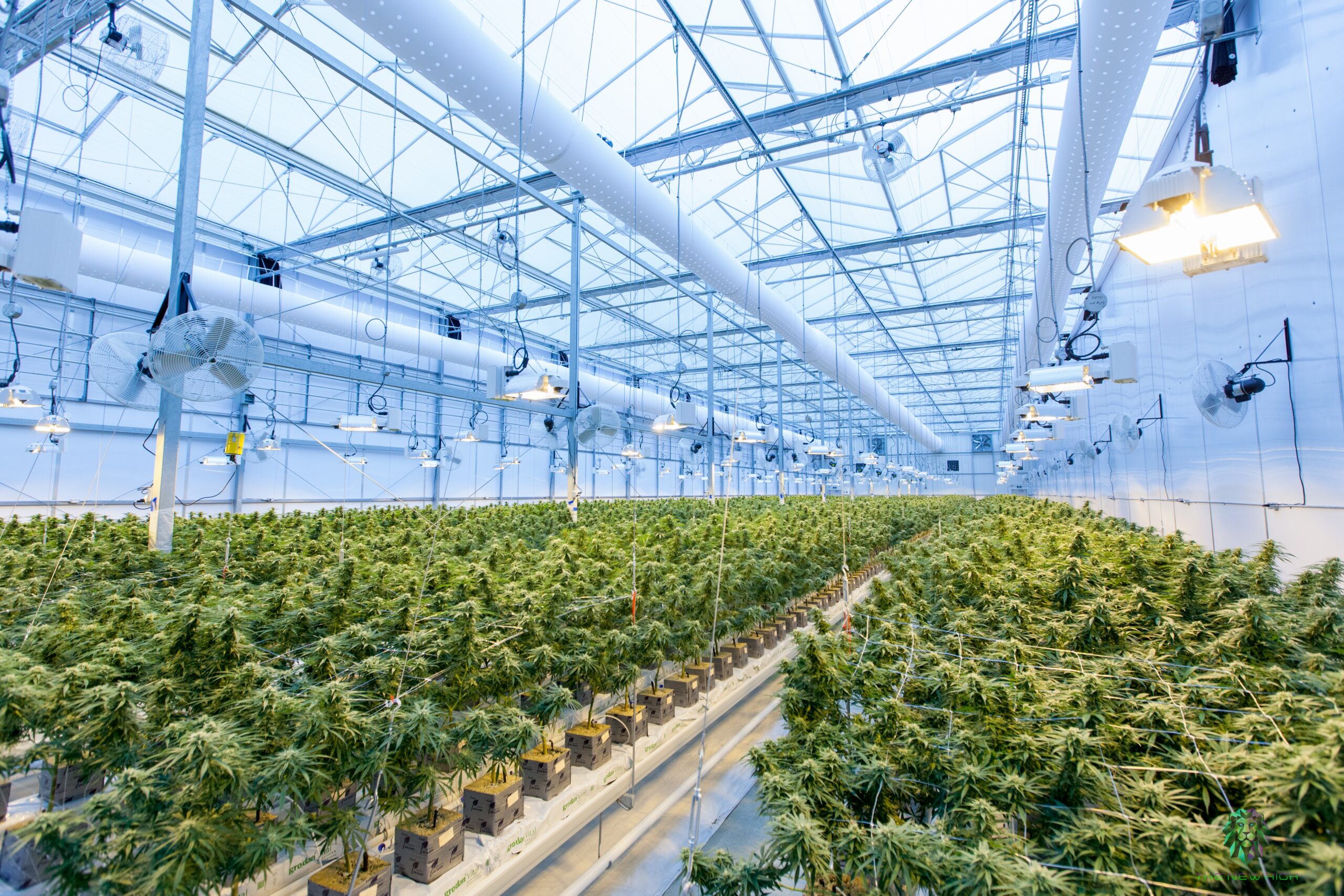There has been a lot of talk about THC-O in the hemp and cannabis communities and beyond recently.
This relatively new, hemp-derived cannabinoid has highly potent psychoactive effects and that has raised interest and curiosity about the substance.
But what is THC-O and is it legal in New Mexico? What are the federal laws concerning THC-O? Can you legally use or sell it here?
Let’s clear up the main questions about THC-O below…
What is THC-O?
THC is tetrahydrocannabinol, the psychoactive compound found in cannabis and responsible for much of the demand for cannabis products through the centuries around the globe.
The most widely known of the cannabinoids is Delta-9-THC. This is the most heavily regulated cannabinoid because of its psychoactive effects.
THC-O is a cannabinoid that is up to three times more potent than traditional THC products. It is derived from hemp and produces strong feelings of euphoria in users.
Additionally, THC-O has become known for its anti-nausea properties, as well as its anti-anxiety, relaxation-producing, appetite-stimulating and stress-reducing effects.
Because THC-O is one of the more recently discovered cannabinoids, few studies have been performed on the substance. Much of the information we have about it is observational from users and there are currently no studies on the long-term effects of THC-O.
Is THC-O legal to produce/sell?
THC-O is a legal hemp derivative according to the federal Hemp Farming Act of 2018.
This law officially legalized hemp in the U.S. at a federal level. The bill includes a clause that specifically addresses the tetrahydrocannabinol in hemp. This clause suggests that any THC naturally derived from legal hemp material (including hemp and all of its cannabinoids, isomers, salts, extracts, and other derivatives) is considered a legal hemp product, so long as it contains less than 0.3 percent of Delta-9-THC.
Many state laws have been drafted to prohibit the manufacture and sale of cannabis and hemp-based products, including those addressing new THC-O-based products. Most of these states have also banned the hemp-derived Delta-8-THC, which is legal federally.
However, New Mexico is not one of these states. New Mexico state law has made all hemp products legal that contain an acceptable level of Delta 9-THC. There are no special laws here governing the manufacture, sale or consumption of THC-O.
Note that the New Mexico Hemp Program allows business owners here to obtain permits to lawfully conduct hemp business operations in the state.
What factors affect THC-O state laws?
With legal definitions frequently debated and hemp and cannabis law evolving across the U.S., the THC-O laws are affected by multiple state factors over and above the federal law that permits it.
For a state to recognize THC-O as legal, the state’s laws must:
- Legalize hemp with a similar definition to the federal law definition i.e., including hemp derivatives like cannabinoids, isomers and salts of isomers (the definition may, however, include varying quantities of the cannabinoid Delta-9-THC).
- Remove hemp-derived THC from the controlled substances or prohibited substances lists in the state.
Even if THC-O is legal in a state, local laws concerning hemp may influence how the substance is made and sold.
For instance, state laws may dictate the following:
- Licensing and manufacturing regulations: each state must submit a hemp plan to the Department of Agriculture (USDA) for approval. This must include information about the licensing process for hemp growers and the testing procedures used by the state to ensure hemp material is below the federal threshold for delta-9-THC content. Manufacturers and consumers are not affected directly by these requirements but they may affect supply and availability.
- Limitations on selling hemp: while New Mexico doesn’t require sellers to be licensed before they can distribute hemp or Delta-8 products, the same doesn’t apply to cannabis. Some states require a license for THC-O sales and sellers must follow the legal guidelines issued by their state.
- Rules for possession of THC-O: no possession limits are in place for hemp products federally or in New Mexico but some states do impose restrictions.
- Restrictions on ingredients: New Mexico does not impose any extra restrictions on hemp ingredients other than the federal one pertaining to less than 0.3 percent of Delta-9-THC. However, some states ban raw forms of hemp or hemp in edible form, so check with your state if you’re reading this from outside New Mexico.
Do any federal bodies regulate THC-O?
There are no existing regulations by the Food and Drug Administration (FDA) or any other federal bodies for legal hemp products (i.e., those with less than 0.3 percent Delta-9-THC content).
This may change in the future as THC-O gains popularity and becomes used more widely around the country and more people pressurize the government about supposed safety risks for users.
We should watch this space for changes to the FDA regulatory policy as it may affect how hemp products are made, labelled or sold in the future. Policy changes could potentially prohibit the sale of specific hemp formulas that are currently legal.
Every cannabis and hemp-based business has a responsibility to make safe and high-quality products to keep the industry from imposing unnecessary regulations.
At Legal Solutions of New Mexico in Albuquerque, our experienced cannabis business lawyers can help you navigate the legal hurdles faced by cannabis and hemp-based businesses. Call (505) 445-4444 for a free consultation with a knowledgeable cannabis lawyer.

